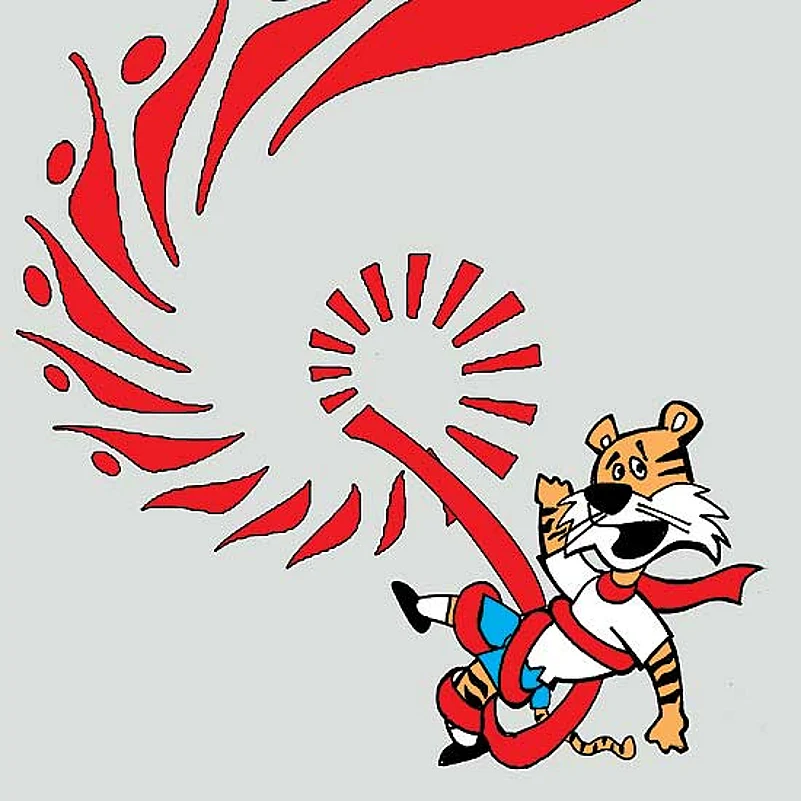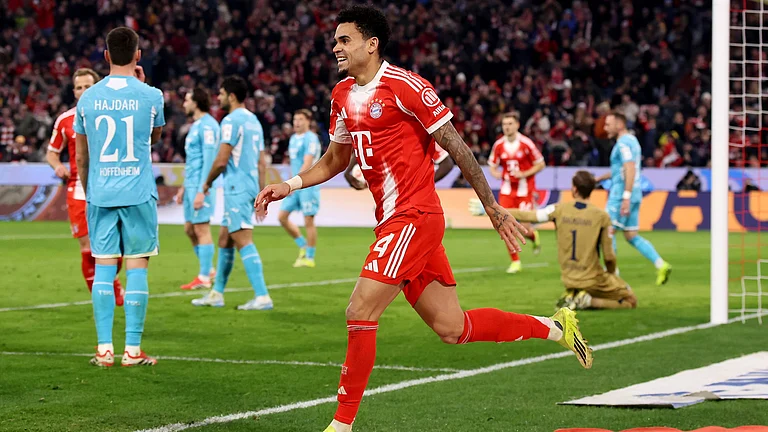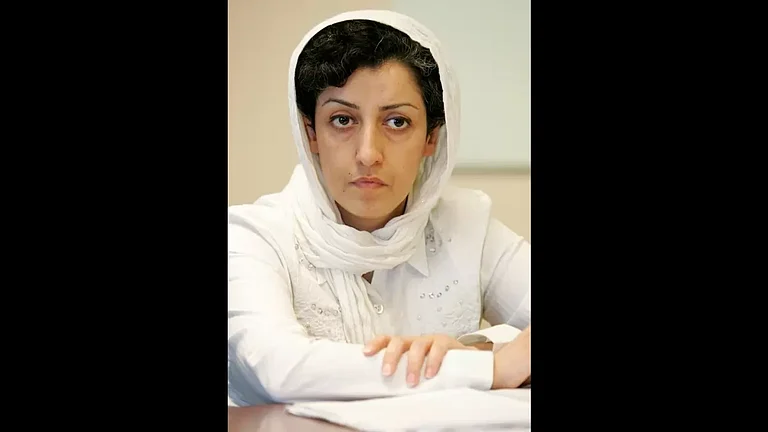Someone forgot to tell the organisers of the Commonwealth Games (CWG) that in sport a suspense-filled photofinish is not always good. Regardless of whether the Games are held without further embarrassment, they are already a failure. The plan to host the CWG was a reactive response to Beijing’s successful bid in 2000 for the 2008 Olympics. From the outset, the idea was ill-conceived. The Olympics and the World Cup in football are bona fide global events. The CWG is like a geographical Trivial Pursuit. (Do the Falklands qualify? Does Hong Kong?)
The shambolic preparations for the Games have at least pole-vaulted the event onto the global stage, meriting stories in the China Daily and the US-owned International Herald Tribune. This uniformly bad publicity is good for India if it deflates the giant hot-air balloon that our government and business elite have been floating in the past few years, posing as a competitor to China one moment, arguing that we are poised to take over from the US the next. A few years ago, the former Economist editor Bill Emmott quoted an Indian foreign ministry official saying that both China and India believed the 21st century belonged to them, and “We can’t both be right.”
The obvious rejoinder is that economic development is not a zero-sum game. If we are to view national economies as a race for gold medals, then it is pertinent that China’s economy is three times the size of India’s. The Games debacle is no aberration; for every damning headline, there is a national context. In a country in which tummy upsets turn fatal because poor children do not receive saline tablets, the perilous state of public health is reinforced by the outbreak of dengue fever. Hopeless public hygiene—more than half our population still has no access to toilets, including apparently the construction workers at the Games Village—is amplified when Mike Hooper says that the “word filthy is almost generous” to describe the athletes’ accommodation.
The poor construction standards and inability to keep to deadlines is a reminder of how the government handicaps the economy with inadequate infrastructure. According to a recent Goldman Sachs report, our average train speed is 25 km per hour vs China’s 150 km per hour. By contrast, in India, train crashes come at regular intervals. Our exporters and call centres are hobbled by a shortfall in electricity of 16 per cent. This summer, I visited a garment exporter just after a huge power surge had caused an electrical fire that destroyed US $10 million in goods. Although denied entry into the Games Village in May, even from the outside one could see a crisis looming in the clouds of dust as trucks made their way along the mud tracks within the complex.
We might even learn from this humbling experience because the CWG saga has played out in and around Lutyens’ Delhi. Suresh Kalmadi may have sounded more deluded than most when he declared in mid-September that “the athletes will have the best ever Games Village, better than the Beijing Olympics”. Loud pronouncements always trump pragmatism. Less than 12 months ago, Kamal Nath was standing before the World Economic Forum meeting in New Delhi promising that India would build 20 km of highway daily. (We do half that number.) Our inter-state trucks cover 200 km a day, just 25 per cent of the global average. Think of how much fruit and vegetables rot because of inadequate distribution and refrigeration networks. Kapil Sibal’s pell-mell rush to bring in foreign universities overshadowed the need to rid the system of bureaucratic controls that threaten to strangle the iits and iims, let alone new institutions.
Listening to the ritualistic reiterations that India is/was/will be a superpower, I am reminded of a passage in Anita Desai’s 1970s novel about Delhi, A Clear Light of Day. The diplomat, Bakul, on vacation from Washington DC, is asked at a party how he explains India to foreigners. (Now, that’s a million-dollar question.) “I refuse to talk about famine or drought or caste wars or political disputes,” says Bakul. “I refuse,# I refuse, to discuss such things. ‘No comment’ is the answer if I am asked. I choose to inform them only of the best, the finest.” “The Taj Mahal,” asks Bim, his sister-in-law, sarcastically. “Yes, exactly,” he replies. The Games are a modern-day fable, a gigantic mirror in which our narcissistic elite and its legions of Bakuls can see India as it really is.
Rahul Jacob is the author of Right of Passage (Picador), a collection of travel essays


























